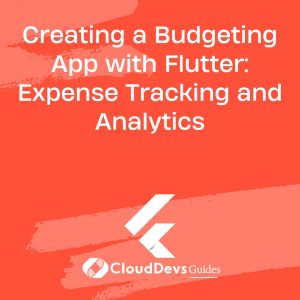Can Flutter be used for VR development?
Flutter is primarily designed for mobile, web, and desktop application development. While it excels in creating high-performance and visually appealing user interfaces for these platforms, Flutter is not specifically tailored for virtual reality (VR) development.
Virtual reality typically involves specialized hardware and frameworks that cater to the unique challenges of creating immersive 3D environments. Flutter, on the other hand, focuses on providing a single codebase for building natively compiled applications for mobile, web, and desktop from a single codebase.
Developing VR applications often requires close integration with 3D graphics engines, spatial tracking systems, and other VR-specific technologies. Frameworks like Unity or Unreal Engine are more commonly used for VR development due to their robust support for these requirements.
While it’s theoretically possible to experiment with incorporating Flutter into a VR project, it may not be the most practical or efficient choice. Developers interested in VR should consider platforms and tools specifically designed for this purpose to ensure optimal performance and compatibility with VR hardware.







